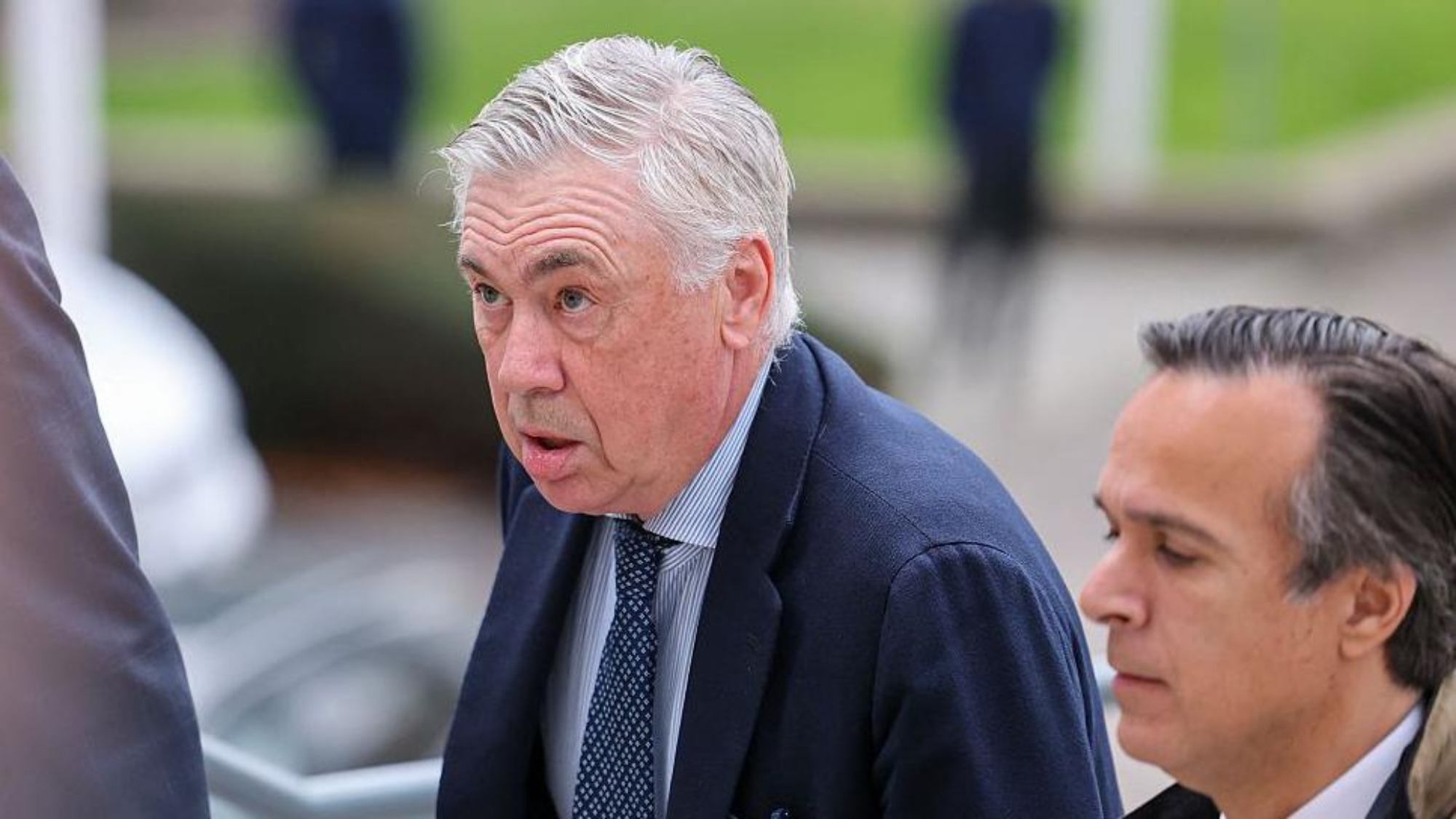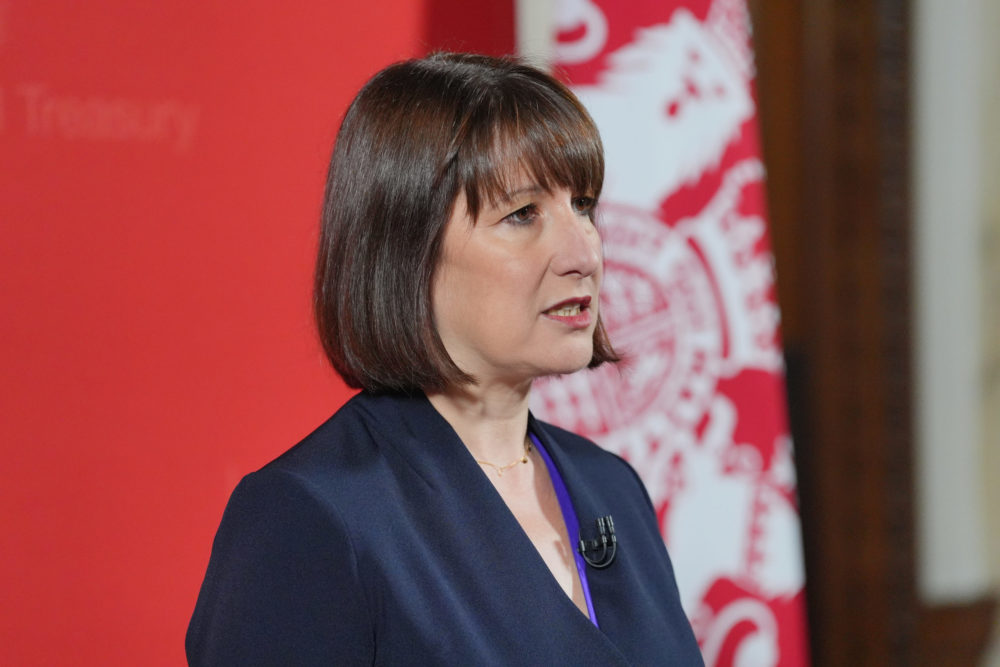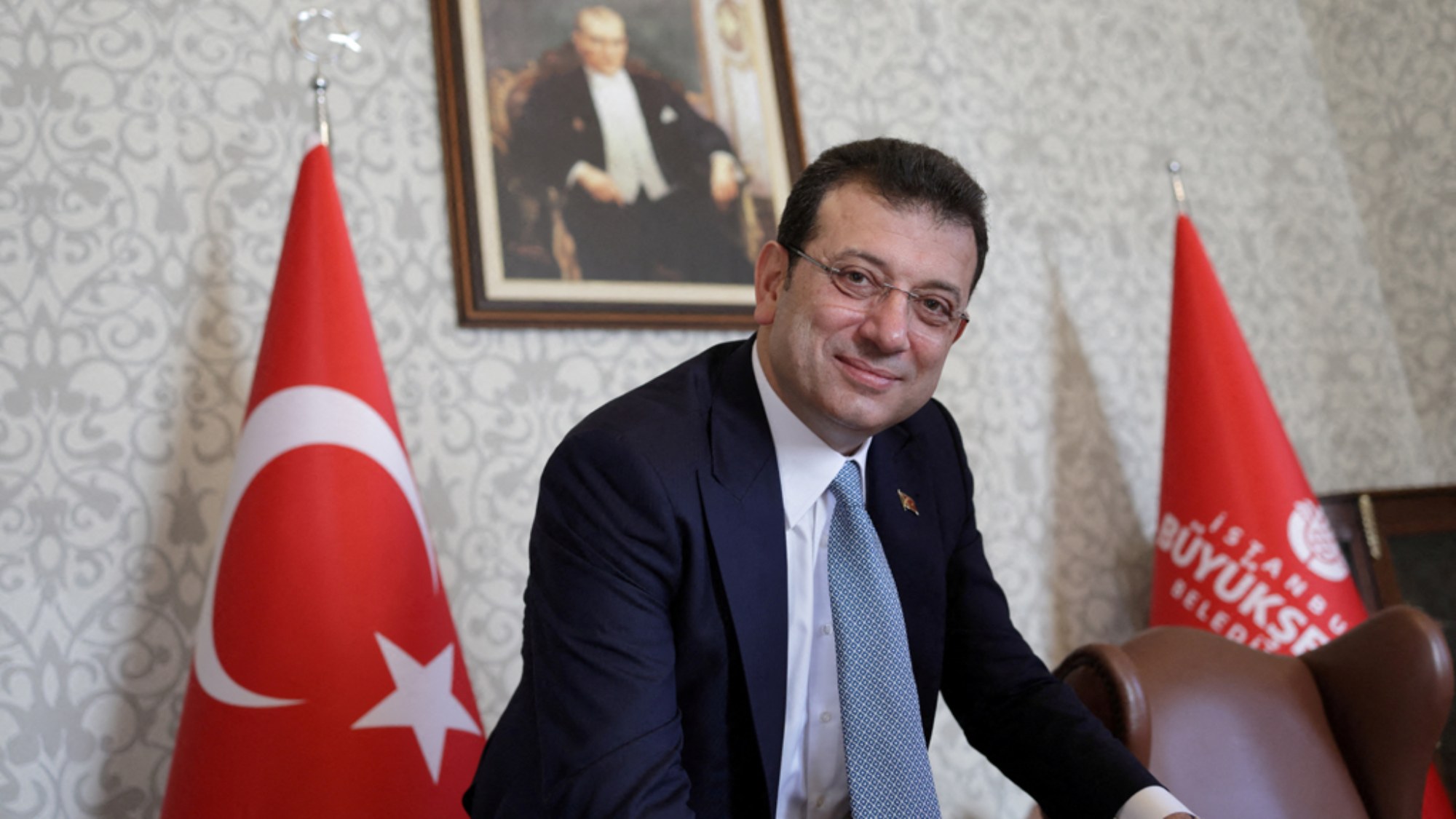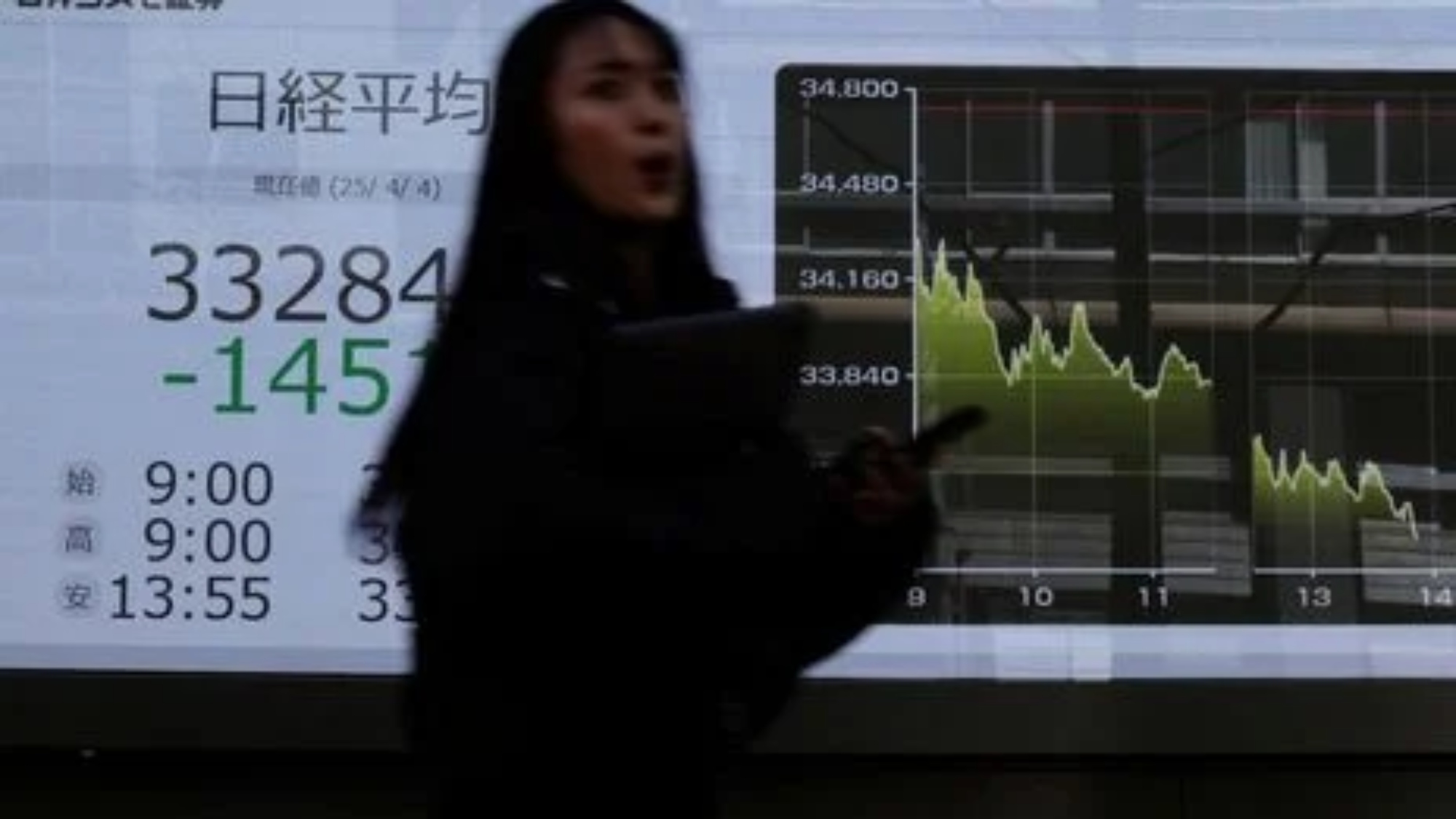Kenyan President Reverses Tax Hikes Amid Deadly Protests
Kenyan President William Ruto withdrew planned tax hikes on
Wednesday, yielding to pressure from protesters who stormed parliament and held
nationwide demonstrations, threatening further action this week. This move
marks a significant victory for a week-old, youth-led protest movement that
escalated from online dissent against tax increases into widespread calls for a
political overhaul, posing the most serious crisis of Ruto's two-year
presidency.
Despite Ruto's concession, some demonstrators announced on
social media their intention to proceed with a rally scheduled for Thursday,
reiterating their demands for his resignation. Ruto declared in a televised
address that he would not sign the finance bill, which included the tax hikes,
following violent clashes between police and protesters that resulted in at
least 23 deaths and numerous injuries, according to medical reports.
"Listening keenly to the people of Kenya who have said
loudly that they want nothing to do with this finance bill 2024, I concede. And
therefore, I will not sign the 2024 finance bill, and it shall subsequently be
withdrawn," Ruto stated, with lawmakers applauding behind him.
Vice President Rigathi Gachagua urged young people to halt
the protests to prevent further loss of life and property damage, blaming the
intelligence services for providing poor advice. "There would have been no
mayhem, but they slept on the job," Gachagua remarked, calling for the
resignation of the head of the National Intelligence Service.
Protesters remained defiant, continuing to demand Ruto's
resignation and promising further street actions. Prominent social justice
activist Boniface Mwangi called for a "1-million-people march,"
condemning the government's response to the protests. Social media posts using
the hashtag #tupatanethursday, a mix of Swahili and English meaning "see
you on Thursday," signaled ongoing mobilization efforts.
Ruto announced plans to engage in dialogue with Kenyan youth
and implement austerity measures, starting with cuts to the presidential
budget, to address the country's financial challenges. He described Tuesday's
loss of life as "very unfortunate." Kenyan police have not commented
on the violence.
Even if Ruto's concession mitigates the immediate threat of
further unrest, he remains caught between the competing demands of his citizens
and international lenders like the IMF, which urges the government to reduce
deficits for additional financing.
Kenya's sovereign dollar bonds remained largely stable
despite Ruto's rejection of the finance bill. On Tuesday, police fired on
crowds around parliament, who later breached the senate chamber and national
assembly after lawmakers approved the tax measures.
The protests, documented in at least 35 of Kenya's 47
counties, began as online outrage over proposed taxes on bread and diapers and
evolved into a nationwide movement demanding the bill's complete withdrawal.
The demonstrations have seen thousands take to the streets in Nairobi and other
cities.
While the young protestors have no official leader and have
urged political opposition figures to stay away, some of Ruto's main rivals
expressed their satisfaction with his climbdown. "Self-preservation has
kicked in," opposition senator Edwin Sifuna posted on X.
Lawmakers had previously removed some tax hikes from the
finance bill on Tuesday, including those on bread and cooking oil, but added
others to prevent a budget shortfall.









